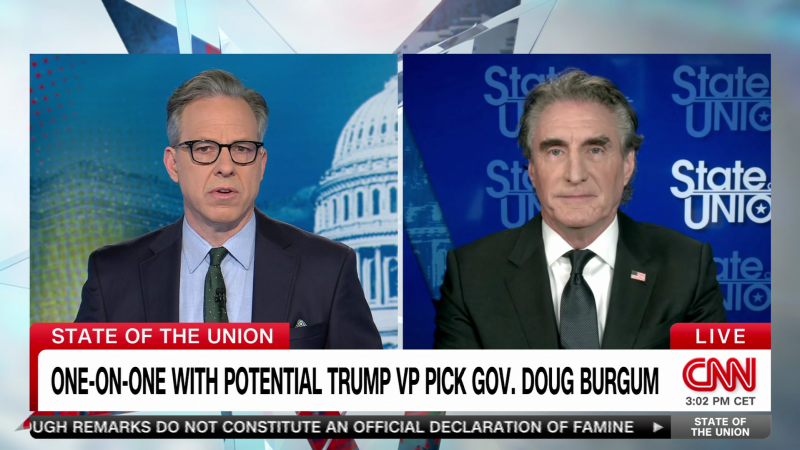The failure of First Republic Bank over the weekend barely dented financial markets on Monday, as investors shrugged off the latest bank failure to focus instead on corporate profits and the next big decision on interest rates from the Federal Reserve this week.
The S&P 500 nudged higher in early trading, after the Federal Deposit Insurance Corporation’s early morning decision to take the ailing regional lender First Republic under its control and immediately sell it to JPMorgan Chase at a subsidized price.
After dropping 75 percent last week, First Republic’s stock price had continued to slump overnight Sunday until trading was eventually halted early Monday morning at around $2 per share. The stock traded at more than $120 at the start of the year.
However, investors dismissed any concerns around contagion from First Republic’s woes. A rally on Monday morning added to gains for the S&P 500 last week, when concern over the fate of First Republic reignited.
The KBW regional bank index, which tracks shares of smaller regional lenders in the United States, traded flat. Shares of PNC, a so-called super regional bank that had been in the running to acquire First Republic, fell 5 percent, while JPMorgan’s stock rose about 3 percent.
The muted moves are indicative of the challenge facing investors as they balance the implications of one of the largest bank failures in history against better-than-expected corporate profits. Adding to the uncertainty is stubbornly high inflation and the aggressive measures taken by the Fed to contain it. The central bank is focused on reducing inflation by raising interest rates and slowing the economy, even if it risks pushing the country into a downturn.
The pressure on the nation’s banks could accelerate that downturn as they fall under increased scrutiny and tighten their lending standards, constraining the availability of credit in the economy.
“It removes uncertainty from one bank that has been in the headlines for a long time, but what does it really do for the forward outlook for banking in the U.S. or credit availability in the U.S.?” said George Goncalves, head of macro strategy at MUFG Securities Americas. “It doesn’t make it better.”
Despite the tremors emanating from the banking sector, investors still expect the Fed to raise interest rates again on Wednesday, when it will conclude its latest policy meeting. The deal to salvage First Republic on Monday, alongside solid manufacturing data, helped solidify expectations of a 0.25 percentage point rate increase this week.
Yields on Treasury bonds, which set the cost of borrowing for the U.S. government, also rose sharply on Monday, signaling some relief at the risks around First Republic being brought under control, analysts said.
First Republic had been at “the top of the list of regional banking concerns,” analysts at BMO Capital Markets wrote in a note on Monday morning. “The resolution appears to be a net positive for investors’ concerns regarding the stability of the overall banking system.”







More News
City College, Against Its Nature, Asks Police to End Campus Protest
Candidates for Federal Office Can Raise Unlimited Funds for Ballot Measures
On Queens Soccer Fields, Immigrants Find Each Other and a Sense of Home